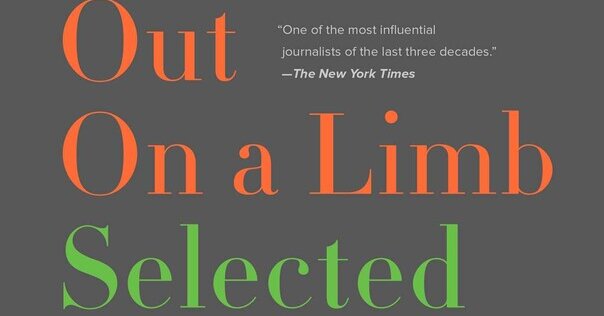Abdulrazak Gurnah Is Awarded Nobel Prize in Literature
The Nobel Prize in Literature was awarded on Thursday to Abdulrazak Gurnah for “his uncompromising and compassionate penetration of the effects …

The Nobel Prize in Literature was awarded on Thursday to Abdulrazak Gurnah for “his uncompromising and compassionate penetration of the effects of colonialism and the fate of the refugee in the gulf between cultures and continents.”
Gurnah was born in Zanzibar, Tanzania, in 1948, but now lives in Britain. He is the first African to win the award — considered the most prestigious in world literature — in almost two decades.
He is the fifth overall, after Wole Soyinka of Nigeria in 1986, Naguib Mahfouz of Egypt, who won in 1988; and the South African winners Nadine Gordimer in 1991 and John Maxwell Coetzee in 2003.
Gurnah’s 10 novels include “Memory of Departure,” “Pilgrims Way” and “Dottie,” which all deal with the immigrant experience in Britain; “Paradise,” shortlisted for the Booker Prize in 1994, about a boy in an East African country scarred by colonialism; and “Admiring Silence” about a young man who leaves Zanzibar for England, where he marries and becomes a teacher.
In the prelude to this year’s award, the literature prize was called out for lacking diversity among its winners. The journalist Greta Thurfjell, writing in Dagens Nyheter, a Swedish newspaper, noted that 95 of the 117 past Nobel laureates were from Europe or North America, and that only 16 winners had been women. “Can it really continue like that?” she asked.
Who else has recently won the prize?
The American poet Louise Glück was awarded last year’s literature prize for writing “that with austere beauty makes individual existence universal,” according to the citation from the Nobel committee. Her award was seen as a much-needed reset for the prize after several years of scandal.
In 2018, the academy postponed the prize after the husband of an academy member was accused of sexual misconduct and of leaking candidates’ names to bookmakers. The academy member, Jean-Claude Arnault, was later sentenced to two years in prison for rape.
The following year, the academy awarded the delayed 2018 prize to Olga Tokarczuk, an experimental Polish novelist. But the academy came in for criticism for giving the 2019 prize to Peter Handke, an Austrian author and playwright who has been accused of genocide denial for questioning events during the Balkan Wars of the 1990s — including the Srebrenica massacre, in which about 8,000 Muslim men and boys were murdered.
Lawmakers in Albania, Bosnia and Kosovo denounced the decision, as did several high-profile novelists, including Jennifer Egan and Hari Kunzru.
Who else won a Nobel Prize this year?
David Julius and Ardem Patapoutian were awarded the prize in physiology or medicine on Monday for their discoveries about how people sense heat, cold, touch and their own bodily movements.
Three scientists whose work “laid the foundation of our knowledge of the Earth’s climate and how humanity influences it” were awarded the prize for physics on Tuesday: Syukuro Manabe of Princeton University; Klaus Hasselmann of the Max Planck Institute for Meteorology in Hamburg, Germany; and Giorgio Parisi of the Sapienza University of Rome
Benjamin List and David W.C. MacMillan were awarded the chemistry prize on Wednesday for developing a more environmentally friendly tool to build molecules.
When will the other Nobel Prizes be announced?
The Nobel Peace Prize will be announced on Friday in Oslo. Last year, the award went to the World Food Program.
The Nobel in economic science will be announced in Stockholm on Oct. 11. Last year’s prize was shared by Paul R. Milgrom and Robert B. Wilson, the inventors of new auction formats which have been used by governments to allocate scarce resources.


























